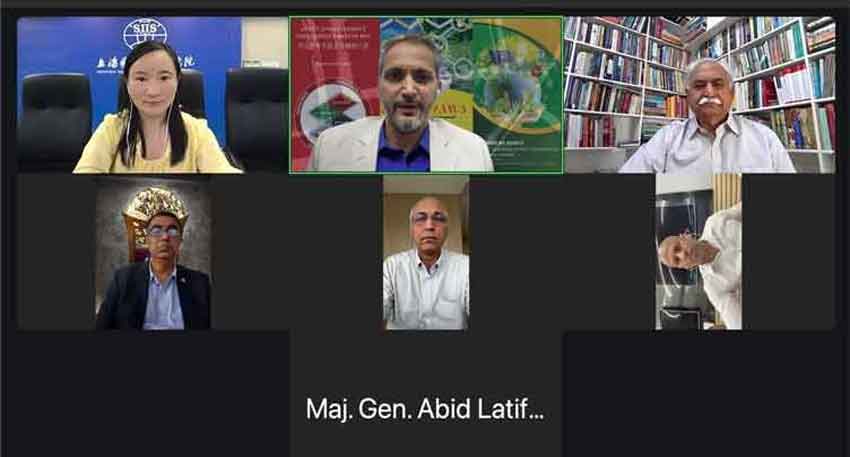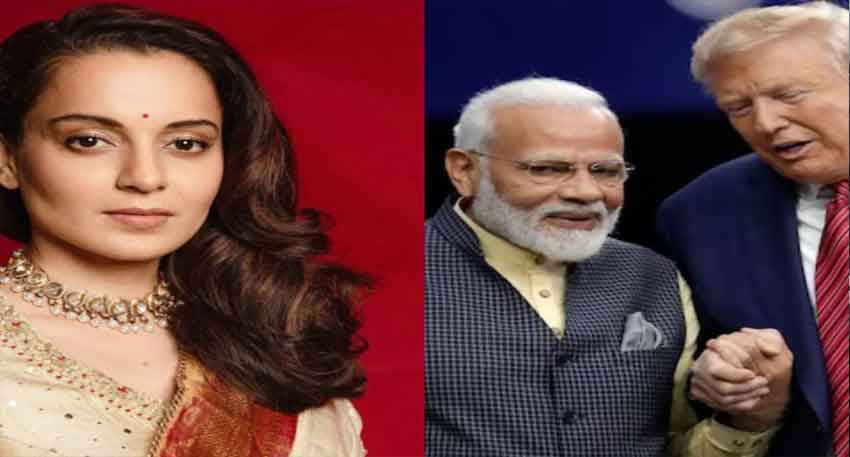
Nepal Ambassador Yuba Nath Lamsal said that Pakistan asked for an international impartial investigation after the Pahalgam incident, which means the country has no role in the terrorist attacks carried out in Indian Occupied Kashmir.
Ambassador Yuba Nath Lamsal highlighted this while talking at the webinar on India-Pakistan conflict and neighboring countries, organized by the Asian Institute of Eco-civilization Research and Development. Further, he added that India has a tendency to blame and provoke Pakistan and try to engage Pakistan in conflict, which is a bad policy choice.
Yasiru Ranaraja, founding director of BRISL, began by narrating the story of Pakistan’s assistance to Sri Lanka in combating and controlling terrorism. He highlighted that President Musharraf came forward to help Sri Lanka at the critical moment. He concluded his remarks by urging all parties to show patience and work for sustainable peace and development in the region.
Mr. Mahabub Alam Shah, senior vice-president of Bangladesh Nationalist Party, Overseas Wing, shared that Bangladesh was the first country to show resilience and push against the Indian hegemonic influence in the region.
He also informed the participants that Bangladesh proposed the establishment of SAARC to enhance regional cooperation and sustain peace. Unfortunately, due to the current Indian attitude, SAARC is presently stalled, which is hurting the region. There is a need to end the long pause and work towards making SAARC active and efficient an dplay a constructive role.
Dr Li Hongmei, Research Fellow at the Center for South Asian Studies, Shanghai Institutes for International Studies, informed the audience that it is not only Pakistan, but India also has bad relations with other regional countries. She was of the view that India has a different policy on paper, but in practice, it has a different policy. On paper, it asks for cooperation, but in practice, it often engages in confrontation. India seeks to exclude Pakistan from regional cooperation mechanisms and organizations, which is not a practical approach. She concluded by saying that there is a need to cooperate and bring lasting peace in the region. China can help the region by offering diverse economic opportunities and a development dividend; regional countries must benefit from China s openness and market.
From the audience, Amb. Shahid Hashmat and Amb. Moin ul Haq also gave comments. Both emphasized the importance of cooperation and solving the issue through dialogue. Amb. Moin Ul Haq pointed out that Pakistan was not interested in conflict, but India imposed war on Pakistan. Pakistan showed the maximum restraint, but India left no room for Pakistan, except to respond. Amb. Hashmat was of the view that war is not a solution to any problem, but war is a problem in itself.
Maj. Gen. Abid Latif, in his message, said that Pakistan loves peace, Pakistan wants to live in peace, and Pakistan promotes peace. Pakistan firmly believes in cooperation for mutual development and prosperity. However, Pakistan does not tolerate aggression and is fully committed to protecting its sovereignty and territorial integrity.
Shakeel Ahmad Ramay, CEO AIERD, concluded the webinar by stating that we need to strengthen regional cooperation mechanisms, official and track-2, to bring sustainable peace and prosperity. SAARC must be revived and strengthened. No country should act as a hegemonic power; all are equal.




